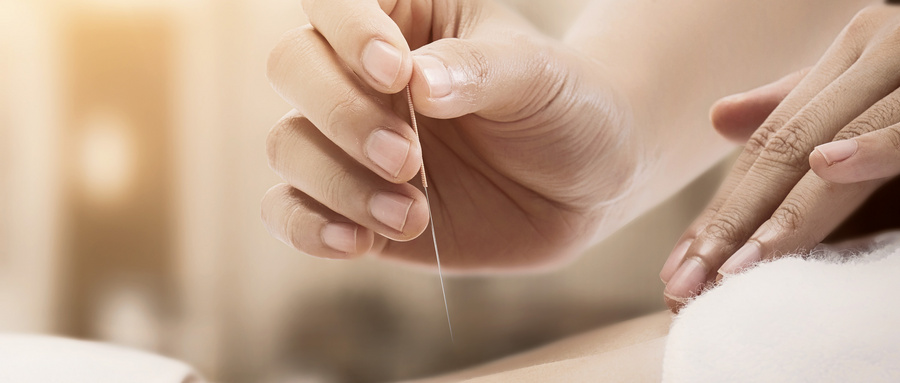Water is the most commonly used solvent for decocting traditional Chinese medicine. From the perspective of modern chemical analysis, water can dissolve various effective substances in medicinal herbs, such as alkaloids, glycosides, organic acids, tannins, proteins, sugars, polysaccharides, and inorganic salts. Water is widely available in nature and has the characteristics of easy accessibility, strong solubility, and stable molecular structure.
Our ancient ancestors in China recognized the specificity of water early on, which depended on many conditions such as the natural energy of the heavens and the earth. The "Dongyi Baodian" records 34 different types of water, such as cold spring water, chrysanthemum water, snow water, spring rain water, autumn dew water, sea water, and river water. These waters have different properties, tastes, toxicities, and therapeutic functions, and their usage in decocting medicines varies according to their nature. Many ancient Chinese medical experts have made numerous discussions on the use of these waters for decocting medicines with different therapeutic effects.
In "Yishu," it is mentioned, "When boiling medicine with water, each water has its own suitable use. For example, when treating edema and wanting to promote diuresis, long-flowing water is used because it flows from a long source and has a smooth nature, directly flowing between the four limbs. When treating constipation and wind-dampness below the legs, fast-flowing water is used because it is turbulent and fast, with a quick downward nature. When treating phlegm stagnation and wanting to induce vomiting and dispersal, reverse-flowing water is used because of its counter-current nature, surging and rushing. When treating deficient Qi in the middle, spring rain water is used, as it signifies the birth of Yang. When treating deficient lower Yuan Qi, well water is used because the Qi of the heavens gathers in the well in the early morning, having the function of nourishing Yin. When treating heat and Yang disorders, snow water is used as it has the ability to reduce heat. When treating Yin disorders in febrile diseases, Ganlan water is used. This water is collected in a vat and splashed thousands of times, and the water droplets overflow, having a gentle and sweet taste, and the ability to harmonize Qi. When treating weakness of the spleen and stomach, diarrhea, and loss of appetite, pond water is used. This water has been stagnant for a long time, without flowing or moving, with a special earthy nature that can assist the spleen."
In "Benjing Fengyuan," it is also mentioned, "Ancient people always selected water and fire when taking medicine. Therefore, for liquid medicine, new well water is often used, as it contains the pure energy of heaven, floating on the surface of the water. It is boiled with mild fire and taken warm and slowly."
The use of different types of water in decocting herbal formulas is based on their taste and properties. Here are several examples:
1. Ganlan water: It is used to decoct medicines for treating Yin disorders such as febrile diseases. Ganlan water has a sweet and warm nature, which is gentle and does not assist the water pathogenic factors.
2. Spring water: It is used to decoct medicines for treating thirst, vomiting, hot dysentery, and red and painful urination. Mountain spring water is used to treat cholera and convulsions caused by heat.
3. Qingjiang water: It is used to decoct medicines for harmonizing the middle burner, relieving heat, and resolving stagnation. It is suitable for patients who have recovered from a serious illness but still have residual heat.
4. Jinghua water: It is used to decoct medicines for treating wind-stroke and joint diseases. Jinghua water has a sweet and salty taste, a clear nature, and heavy properties.
Decoction is the earliest and most widely used form of traditional Chinese medicine. It is also the most developed and stable form in terms of therapeutic effects. The quality of decoction is closely related to its preparation process. The selection of high-quality and appropriate water is crucial for enhancing the efficacy of the decoction.
References:
[1] Cheng, X. (1983). Yi Shu. Anhui Science and Technology Press.
[2] Zhang, L. (1996). Ben Jing Feng Yuan. China Traditional Chinese Medicine Press.
[3] Wang, K. (1992). Shang Han Zheng Zhi Zhun Sheng. People's Health Publishing House.
[4] Fang, Y. (16-18). Shang Han Lun Tiao Bian.
[5] Lv, Z. (1881). Shang Han Xun Yuan.
[6] Chen, N. (2003). Yi Xue Cong Zhong Lu. Tianjin Science and Technology Press.
[7] Li, T. (1995). Yi Xue Ru Men. China Traditional Chinese Medicine Press.
[8][11] Xu, D. (2011). Yao Xing Qie Yong. Xue Yuan Publishing House.
[9] Li, S. (1994). Ben Cao Gang Mu. China International Broadcasting Publishing House.
[10] Jia, M. (2007). Yin Shi Xu Zhi. Shandong Pictorial Publishing House.
[12] Xu, L. (2008). Zhongguo Zhong Yi Yao Chu Ban She.
[13] Sun, S. (1997). Bei Ji Qian Jin Yao Fang. Liaoning Science and Technology Publishing House.
[14] Zhao, J. (1990). Sheng Ji Jing. People's Health Publishing House.












